Mastering Amine unit Issues 8 Scenarios Where SRE Can Assist
Amine plants play a crucial role in gas sweetening, but they can face numerous operational challenges. Sulfur Recovery Engineering (SRE) offers specialized services to troubleshoot and resolve these issues, ensuring optimal performance and reliability. Here’s a brief description of each problem and how SRE addresses it:
1-Foaming
Problem: Heavy hydrocarbons and contaminants in the inlet feed cause foaming in absorbers, leading to reduced efficiency and potential operational disruptions.
Solution: SRE utilizes advanced Gas Chromatography (GC) technology for rapid identification of contaminants, along with onsite foam testing and evaluation of anti-foam agents to mitigate foaming issues effectively.
2-Corrosion
Problem: Corrosive environments within the amine plant can degrade equipment integrity, leading to increased maintenance costs and safety risks.
Solution: SRE quickly identifies corrosion potential areas through simulation, reviews and refines monitoring programs, and helps minimize corrosion through an online operations and maintenance (O&M) monitoring program.
3-Off-Spec Gas / LPG
Problem: Off-spec gas or LPG indicates deviations from desired product specifications, impacting product quality and compliance.
Solution: SRE conducts rapid onsite testing to diagnose issues, identifies trace sulfur components, and achieves 99% closure of the sulfur balance, ensuring compliance with product specifications.
4-Fouling
Problem: Fouling in amine plants results from contaminants and particulates accumulating in key components, reducing operational efficiency.
Solution: SRE reviews and optimizes filtration programs to prevent fouling, ensuring smooth operation and minimizing maintenance downtime.
Join Our Upcoming Webinars
5-Sulfur Plant Feed Quality
Problem: Inaccurate sulfur component levels and impurities in the regenerator overhead impact the efficiency of sulfur recovery processes.
Solution: SRE performs onsite analytical testing to accurately measure sulfur components, identifies mercaptans breakdown, speciates BTEX compounds, and quantifies hydrogen cyanide (HCN) concentrations. We quickly optimize the acid gas circuit to improve overall efficiency and reduce corrosive issues.
6-Hydrocarbon Entrainment
Problem: Ineffective separation equipment allows hydrocarbons to enter the process stream, reducing the purity and efficiency of amine treatment.
Solution: SRE reviews and enhances the performance of inlet separation equipment, quantifying hydrocarbon levels in the process stream to mitigate entrainment issues.
7-Inefficient Energy Usage / High Carbon Intensity
Problem: Excessive energy consumption and high carbon intensity increase operational costs and environmental impact.
Solution: SRE optimizes energy usage through circulation rate adjustments and reboiler duty fine-tuning, recommends alternative amines with lower energy requirements, and assists in transitioning from steam to electric drives for enhanced efficiency.
8-Root Cause Analysis of Common Alarms
Problem: Common alarms such as pressure differentials, analyzer errors, and pH fluctuations indicate underlying operational issues affecting plant reliability.
Solution: SRE conducts detailed root cause analysis on absorber pressure differential (delta P), H2S and total sulfur analyzer errors, fuel gas H2S analyzer errors, sulfur plant tail gas analyzer (ADA) erratic behavior, quench pH, quench cooler fouling, and hydrogen analyzer plugging. Our expert analysis identifies operational inefficiencies and implements targeted solutions to improve overall plant reliability and safety.
SRE’s specialized expertise and innovative solutions address the complex challenges faced by amine plants, ensuring efficient operation, regulatory compliance, and enhanced performance. By partnering with SRE, clients benefit from reduced downtime, lower operational costs, and optimized plant reliability in their gas sweetening operations.
